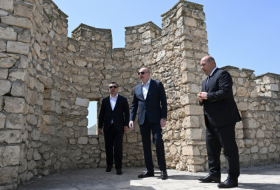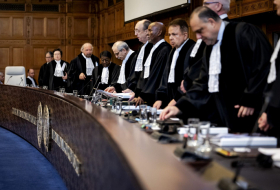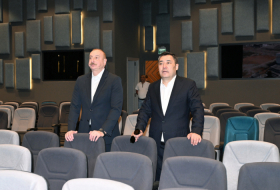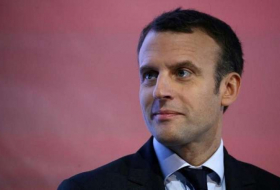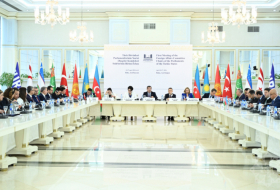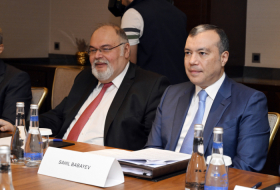The “Salvini decree” – named after Matteo Salvini, interior minister and leader of the far-right League – won a vote in parliament last week and was formally endorsed by the president Sergio Mattarella on Monday.
The main element of the bill, which abolishes humanitarian protection for those not eligible for refugee status but who cannot be sent home, was however retroactively applied by the interior ministry’s representative in Crotone, a province in the southern Calabria region, where last Friday 24 people were forced to leave a centre in the town of Isola Capo Rizzuto.
The evictions are not only affecting those whose request for protection on humanitarian grounds is pending approval, but also those in possession of permits to stay, despite the law stipulating that their status should be maintained.
The majority of migrants who have arrived in Italy in recent years have been granted humanitarian protection, with some 100,000 people estimated to hold the permit, which is valid for two years and enables them to work.
Among those stranded in Isola Capo Rizzuto were a young couple with a five-month-old daughter, two victims of sex trafficking and a boy suffering from mental health problems.
“When the police came to tell us that we couldn’t stay there anymore, I couldn’t believe my ears,” Blessing, a 31-year-old victim of sex trafficking from Nigeria, told the Guardian. “They took all of our belongings and escorted us out. There was a young girl in our group. This is outrageous. I have a legal permit to stay. And soon I may not have a roof over my head. I’m really frightened.”
Blessing found temporary shelter in a Red Cross charity facility in Crotone while the rest have also been accommodated with the help of other charities and the town hall.
“What happened here is crazy,” said Francesco Parisi, president of Crotone’s Red Cross. “You can’t just leave vulnerable people on the street. This is a violation of human rights. We are going to take care of these people now, but I hope things will change.”
Alessia Romana, a social policies councillor in Crotone, said the local authority was trying to manage the situation.
“The council has a moral obligation but also the juridical obligation to take care of these people,” she said. “Up until now, the system in Crotone worked well. We managed to give reception and there wasn’t any trouble; migrants and locals co-existed.”
A similar measure was applied in Potenza, a city in the southern region of Basilicata, with the interior ministry prefect there announcing last week that “humanitarian protection holders” must be “invited to leave” welcome centres.
Once humanitarian protection permits are received, people are supposed to leave centres on the first rung of the migrant reception system and move to an accommodation in which they can benefit from integration programmes. But slow-moving bureaucracy and limited space means that those with permits end up staying in the first-rung centres for longer.
A dozen or so others have been asked to leave a welcome centre in Caserta, Campania, according to Italian press reports, while hundreds are expected to be evicted from Cara di Mineo, Europe’s second largest migrant reception centre, in the coming days.
The number is likely to rise as the bill, which Salvini has described as a “gift to Italians”, takes effect. The loss of protection will also mean hundreds of people suddenly becoming “illegal” immigrants, with Italy’s national statistics office estimating that the decree will make 130,000 migrants illegal by 2020.
“What we have been witnessing recently leads us to believe that there will be negative effects not only on vulnerable people, but also on Italian society generally as people enter into a formally illegal status,” said Carlotta Sami, spokeswoman for the UN refugee agency in southern Europe.
“We fail to understand why, at this precise moment, even those individuals with legal protection have been told to leave. The decree is not retroactive, so why are they telling them to leave? Sending families away, women and children, pregnant women. It seems cruel.”
Cities including Bologna, Turin and Rome, the latter two of which are managed by the Five Star Movement, the League’s coalition partner, have refused to implement the measures, arguing they will increase homelessness and risk social unrest.
“We are really worried about a bill that is meant to manage immigration and increase security for citizens, but will instead create social marginality and destroy integration, while also creating social risks and the potential for radicalisation,” said Valeria Carlini, a spokesperson for the Italian Council for Refugees.




















